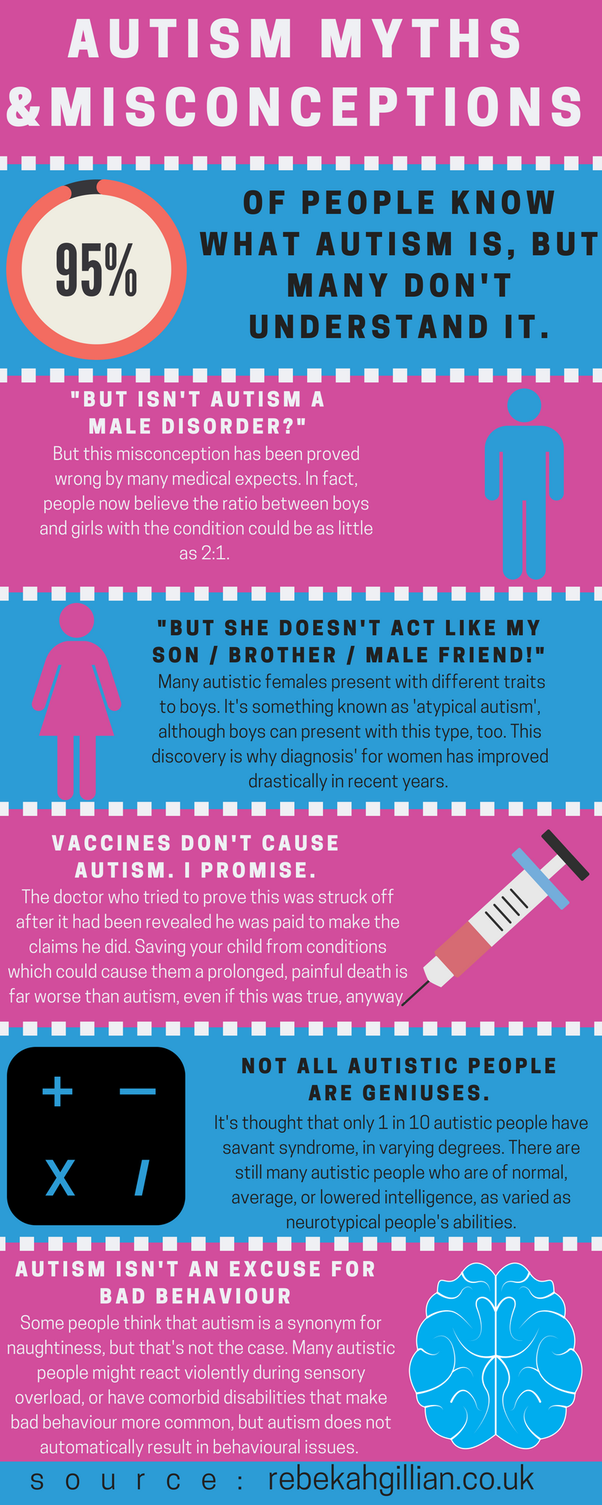Can a dog be autistic?
This topic is certainly very interesting and we can find very different opinions on this, it generates great debates between veterinarians and breeders when it is defined and, for the owners, the situation ends up not being clarified.
- In this article by Animal Expert we want to answer the following question: They will surely ask us the following question.
- Because there are no broad definitions about it.
- But we guarantee that we will give you the main ideas and that they will be more proven.
There is a great debate about autism in dogs because there are no conclusive results that can shed some light on this.Some studies suggest that mirror neurons, which exist in the brains of dogs, are the cause of the disease.These are congenitally damaged neurons, so a dog could be born with this disease and not acquire it in life.Since this is a very unusual condition, many veterinarians prefer to call it dysfunctional behavior.
There are other authors who talk about idiopathic disease, of unknown cause, so it is very difficult to know where the disease comes from.
Finally, and to sow confusion, it is said that it can be inherited from a parent who has been exposed to many toxins for a while, this can be due to unnecessary vaccines or in large quantities and reinforces the theory that vaccinating an excess dog may not only be harmful to the animal in question, but also to its offspring for several years.
Sources: Dr. Nicholas Dodman of the International Association of Consultants in Animal Behavior, 2011.
Identifying a dog as autistic can be a big challenge, especially since it can be questioned by other veterinarians; However, we have a number of signs, including behavior, that may be related to the disease, these are behavioral disorders, including actions that can be obsessive and/or compulsive.
It is usually associated with behaviors related to human autism, but we will differentiate them to better understand them.There are certain disorders, such as the autism spectrum, which is the difficulty of speech, which is not found in animals.
Compulsive sinusoidal disorder, very common in breeds such as the German shepherd and the Doberman, are repetitive or stereotypical behaviors, such as chasing, biting or licking certain parts of the body in an obsessive and repetitive way that, over time, become more intense and repetitive.Lasting.
The owner should be aware of the evolution of these disorders, if they increase over the years or if the dog is injured, such as a mutilation of the tail, can also have a bad interaction with other dogs (being too clumsy or having a lack of knowledge about social interactions) and even a total lack of interaction. This so-called feeling of discomfort can occur with other animals of the same species or different or even with their owners. This is not a trait that leads directly to autism, however, it is a wake-up call for humans living with the animal.
In addition, in some cases you can observe an animal standing in the same place, without any emotion, it is easier to detect in breeds that are normally very active and, in these cases, spend very long periods of standing with lost eyesight.
As we explained at the beginning of the article, it is not possible to determine whether autism actually exists in dogs, so there is no treatment, however, owners who observe these behaviors in their dog, should go to the veterinarian or ethologist to try to find the cause that causes this deviation in the behavior of the dog.
There are several therapies, exercises or games that you can practice with your dog to delay the progression of this condition, are animals that have difficulty expressing their emotions, so they need all the compassion and affection of their owners, as well as patience.understand that it’s a long process.
Another tip we can give you is to carry a very strict routine of walks, food and even moments of play, changes should be minimal, because what costs them the most is adaptation, a defined routine will make you feel more safe once you know your environment and your family.Maintaining routines is very important.
Obviously, all kinds of punishments must be eliminated, as this inhibits the natural and exploratory behavior of the dog, which aggravates its condition.Let him act freely (or as far as possible) both on tour and at home, letting him feel, explore and contact us if he wishes, but never force an interaction.
To improve smell, we can do exercises such as research, very popular in shelters and kennels, or offer stimulating toys (with sounds, with food, etc.).
But remember that to overcome the problem that affects your puppy, the important thing will be to consult a specialist, since without therapy you will not notice any improvement in its behavior.
This article is for informational purposes only, in Animal Expert.com.br we cannot prescribe veterinary treatments or make any type of diagnosis, we suggest that you take your pet to the veterinarian in case of any condition or discomfort.
If you would like to read articles similar to, we recommend that you visit our Other Health Problems section.

